
I have had the unfortunate experience of witnessing a loved one go through the stages of Dementia, and it isn’t pretty. I hope to perhaps give a bit of insight for those who may have or may currently be going through a similar situation. While there are plenty of available resources to answer your questions, first hand experience can shed some light in ways the others, can’t.
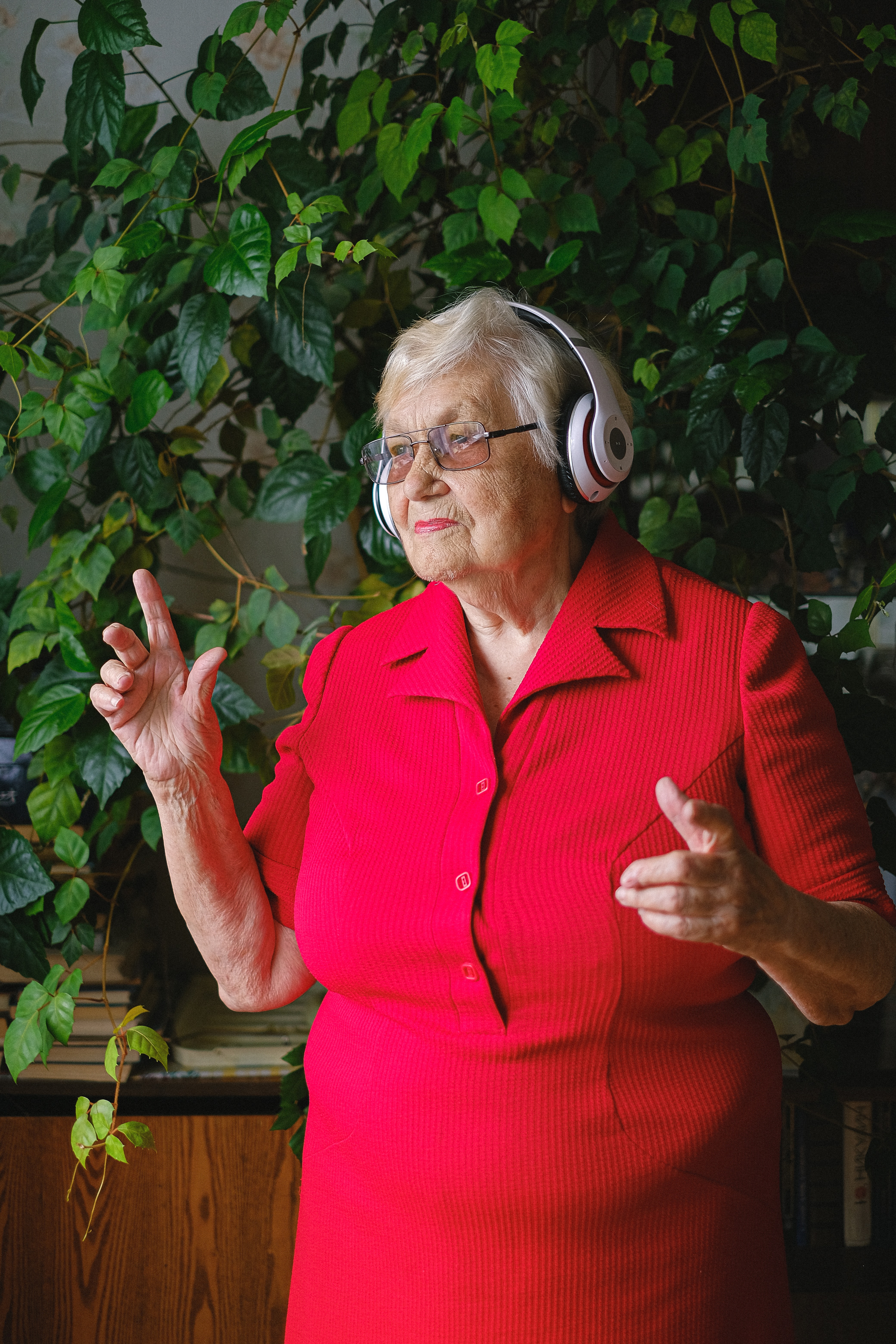
Just for a bit of background…
My Mother-In-Law was probably one of the most beautiful people I have ever known in my life. The very first time I walked into her home, I was greeted with a gentle (yet strong) hug, a welcoming smile, and the best overall hospitality I’ve ever seen. That was just her way. It meant a lot to me at that time, going forward. (I was coming out of a divorce and my former in laws weren’t exactly what you would call, welcoming).
I had already heard a few stories about my husband’s mother, by the time I had met her. Overall, she was described as a wonderful, soft lady, but also a powerful, protective individual who could cause a tornado, if rubbed the wrong way. She did not disappoint.
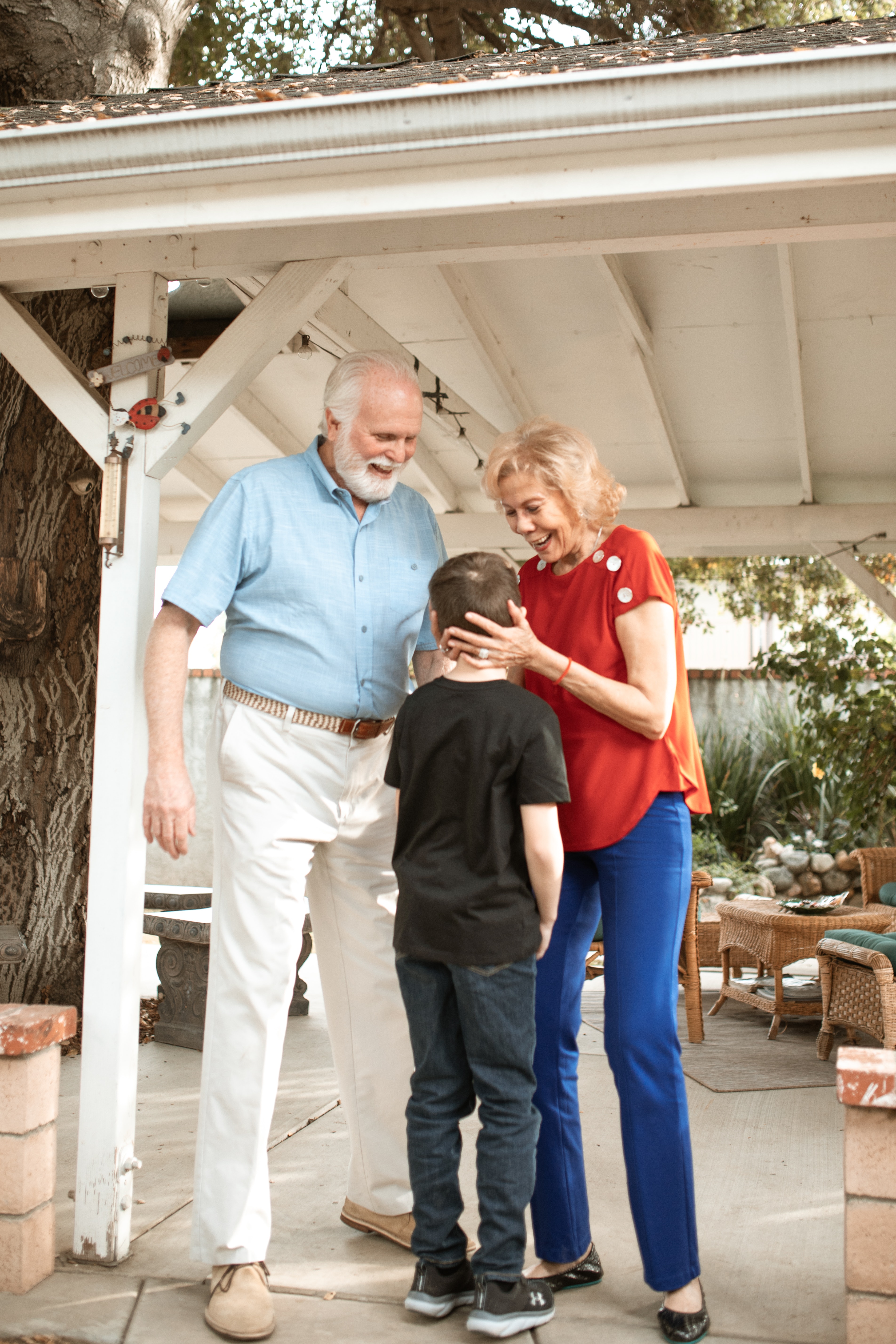
(SPICYROCKINGCHAIR.COM is a participant in the Amazon Services LLC Associates Program, as well as others. Some of the links in this post are affiliate links. This means that, at zero cost to you, I may earn a commission if you click through the link on any advertisement and finalize a purchase of any kind. Read the full disclosure here. Thank you For Your Support!)
My mother in law treated me kind for many years. My husband is well known for being his mama’s “Golden Boy”. There was not a single thing, really, that he could do wrong. Thus, neither could I. When we had our son, you couldn’t have painted a lovelier smile upon one’s face, if you tried. Her grandson was her way of having her little boy back and returned a bit of light to her life, that she may have lost over the years. (Her husband, above all, was the brightest light of her life.)

The Beginning Of Mama’s Journey…
Everything changed when mama began her journey with Dementia. The family thought she had Alzheimer’s, at first. A lot of the same symptoms are present with, both, Dementia and Alzheimer’s. She was forgetting a lot, small things at first. She seemed agitated a lot..again, old age…no one thought much of it. Maybe she was just sore, tired, overwhelmed, what have you.
We were eventually asked to move back home to live with my in laws. Mama was starting to forget more substantial things. For instance, she would heat of pot of water to boil to begin preparing dinner, then go lie down in bed for a while and forget she had the stove on. The family became frightened she might burn the house down one day, while Dad was out running errands and she was alone.
Obviously, there was a need for extra eyes around the house. So, my husband and I packed up our little family within a few months time, and moved back home.

Further Down The Rabbit Hole…
In no way, were we prepared for what happened next! Within a few short months of living back home, mama became very hostile with the rest of the household, including her beloved 7 yr old grandson…to the point, we all avoided her as much as possible… whenever possible (As much as we could while ensuring her safety at the same time).
Seems to go against the whole purpose of being there, right? It was hell, though…And no one exactly knew what was wrong or how to help.
She ended up having a stroke a year and a half after we were back. Only then, did she get officially diagnosed with Dementia. Of course, from then on, we all did our research on the disease… side effects of certain medications, all of the Do’s and Don’t(s) when trying to help a loved one experiencing such a miserable disease, how to cope yourself in the whole scheme of things, etc.

The Caretakers…
As Care takers, we get tired, overwhelmed, frustrated, etc. You feel helpless, for starters. You try to gage what kind of medication schedule works best for your loved one (and you). If that person is bed ridden and can’t feed themselves, use the restroom on their own, etc. (such as what happened to mama after her stroke), you have to have ALL HANDS ON DECK. No one person can handle such a full time task, especially if you have other responsibilities to tend to on a daily basis.
You will get Exhausted…and then, what good are you?
Here are just some basic tips and things to keep in mind, that we had to learn along the way, as a family trying to care for a loved one with Dementia. (And, these certainly aren’t all of the tips out there…this is just a starter kit of the major points that come to my mind…)
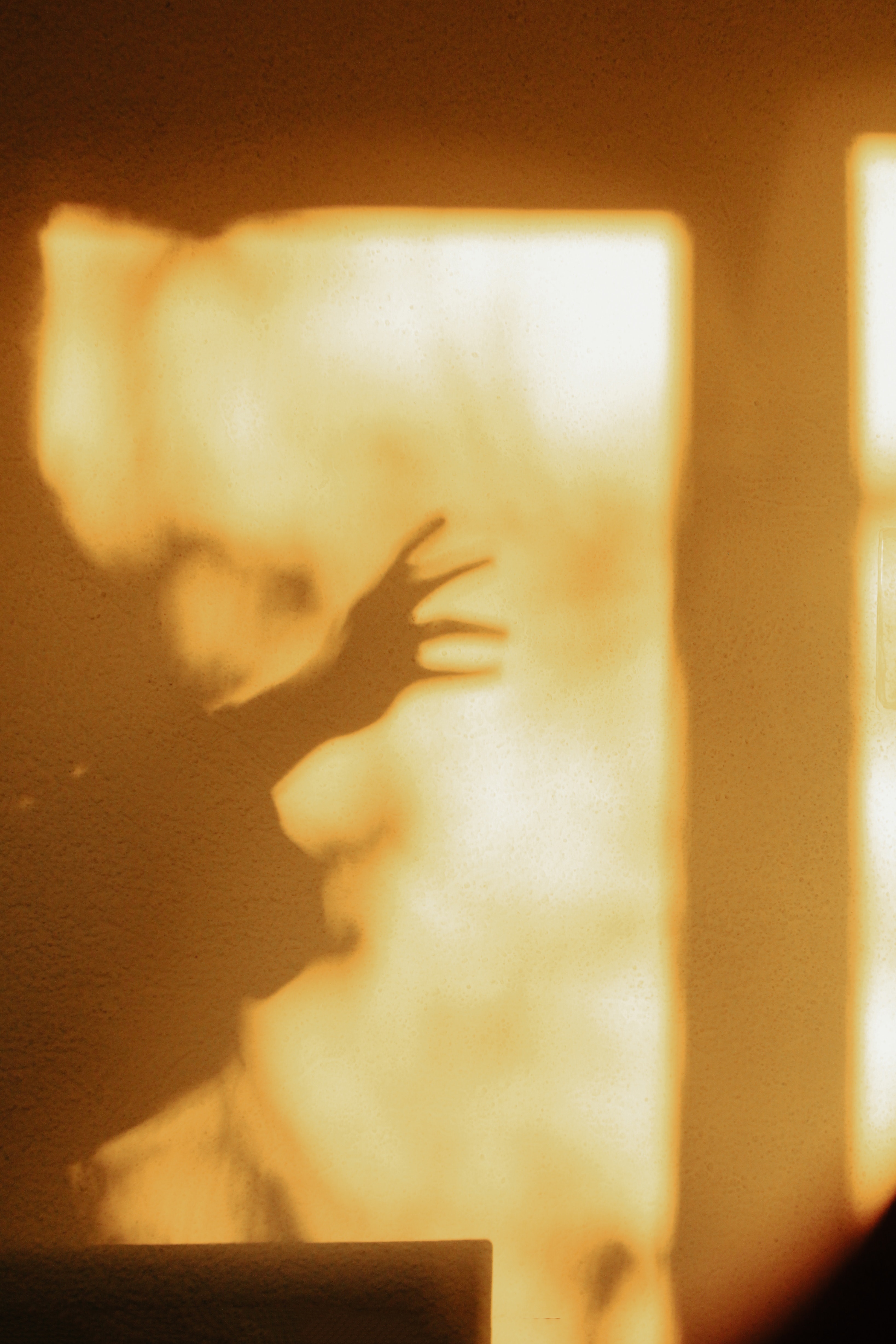
“Sundowning Syndrome”
Dusk is a tough time of the day for dementia patients. If they have a view of the window in the room, seeing any kind of motion pass outside of that window, may appear as distorted shadows. This is also true for a person/animal moving around inside a dimly lit house at twilight.
Think about it. The lights are off in the house (because it still feels like daylight inside, to others). Your brain (as a dementia patient) is a bit fuzzy…sometimes you don’t even know who or where you are. Dim shapes are moving around somewhere close by, but you can’t quite make out what you are seeing. I would probably be a little anxious too. Of course, the patient’s anxiety often times, becomes agitation.
We found, mama was a bit calmer if we started turning at least a couple of lamps on nearby her when the sun began to show signs of going down. Thus, relieving a little of our stress at the same time.
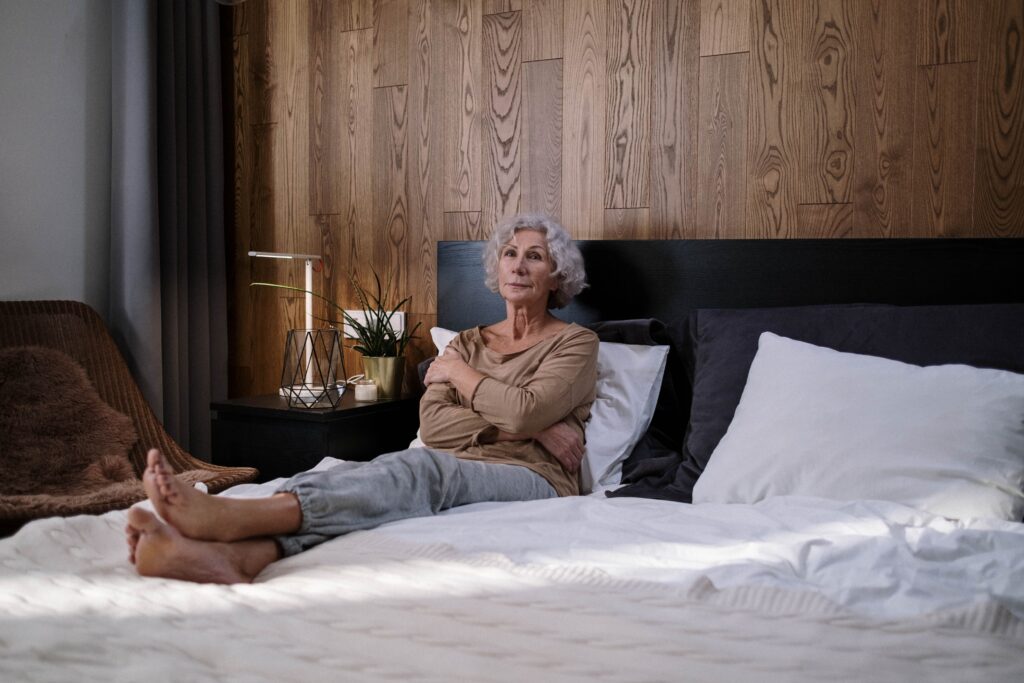
Stimulation – Less is More.
Focus seems to be harder for dementia patients, than for the average person. The busier/noisier the environment surrounding them, the more confused they become, the more anxious, the more agitated, and so on. We found that music or a specific tv show sometimes helped…something low key, familiar to them. It could help to drown out surrounding noises.
If you are able to perhaps limit the visual scope of the environment for your loved one, that could help as well. Not to cut them off completely, but maybe pull a partial curtain across a doorway or some other area of the house within their view, that could cause stress for them. We never actually tried that tip.
In hindsight, however, we recognize we could have been a little more imaginative about keeping the stimulation at bay.
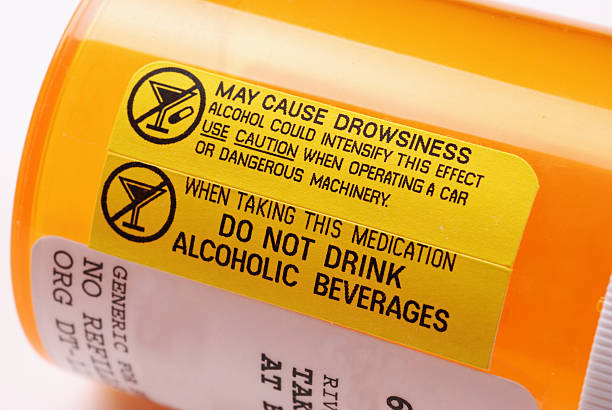
Timing Of Medication…
…is more important than you might think. If you are in charge of how the medication is administered to your loved one, pay close attention to the possible side effects listed on the bottle. If necessary, talk to your loved one’s doctor, to see if the medications that may cause drowsiness, can be administered during times you need rest, and the ones that cause your loved one to be more alert, can be administered during a time someone can be available for more supervision, and so on. Otherwise, you find yourself as the caretaker, wiped out. You expend more energy than perhaps you need to.
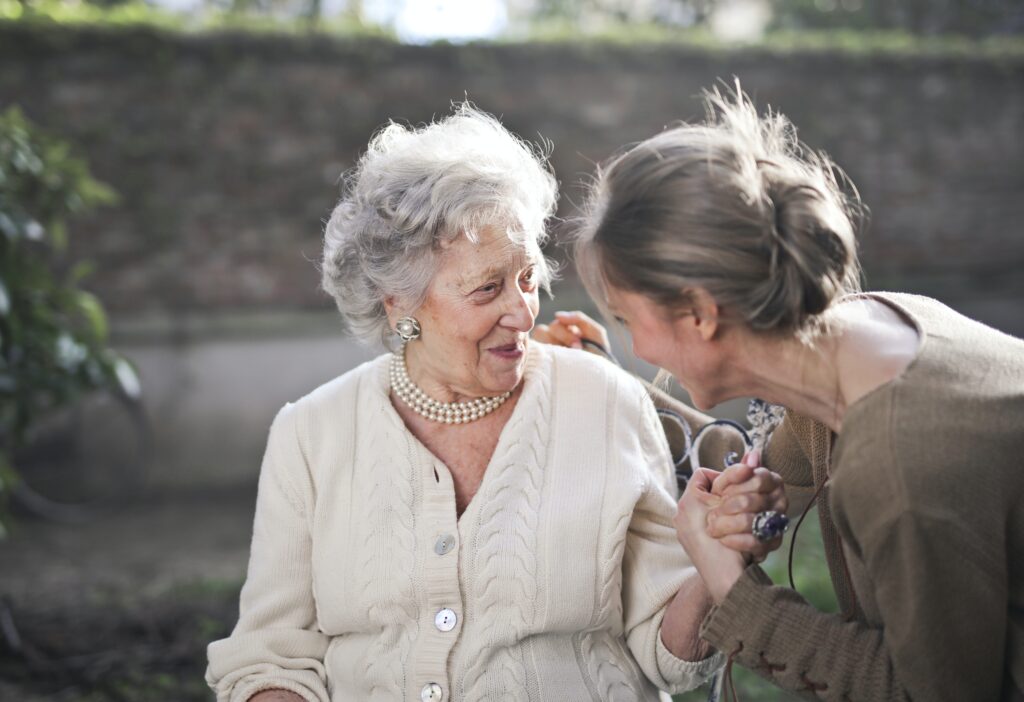
Patience (Don’t Be Combative!)
Your loved one is experiencing something you really can’t even begin to imagine. Even with all of the research you may have done, you are not inside of their brain. They say random things, have random memories, random mood swings…you name it…it’s there.
Try to have as much patience as you can muster. It is hard. Worst case… to diffuse a situation, walk away from it for a moment when you begin to feel a bit frustrated. There were a few times we had to take a break from a task and come back to it 20 – 30 minutes later. Nothing can be accomplished if the parties involved, are battling one another. Remember..your overall sanity matters too.

Get Rest and Decompression
Again, all of the points above are ultimately designed with the caretaker in mind, as well as the patient. They are waging a war on a disease. You are the front line, so to speak. You won’t be a strong soldier in the war, unless you have your “A” game on. This means you need rest and a bit of time away from the situation, to regroup and come back as your Best Self.
Utilize family members as much as possible in terms of picking up shifts. If that is not an option, perhaps talk to a friend about it? Take 20 minutes for a nice, relaxing shower, have a warm cup of tea while supervising….Whatever you can do to help yourself, will go a long way toward making your loved one’s journey a little smoother.
For Further Reading…
– Symptoms & Causes Of Dementia
– How to Care for Someone With Dementia: 5 Tips for Caregivers
– How to Prioritize Self-Care for Caregivers


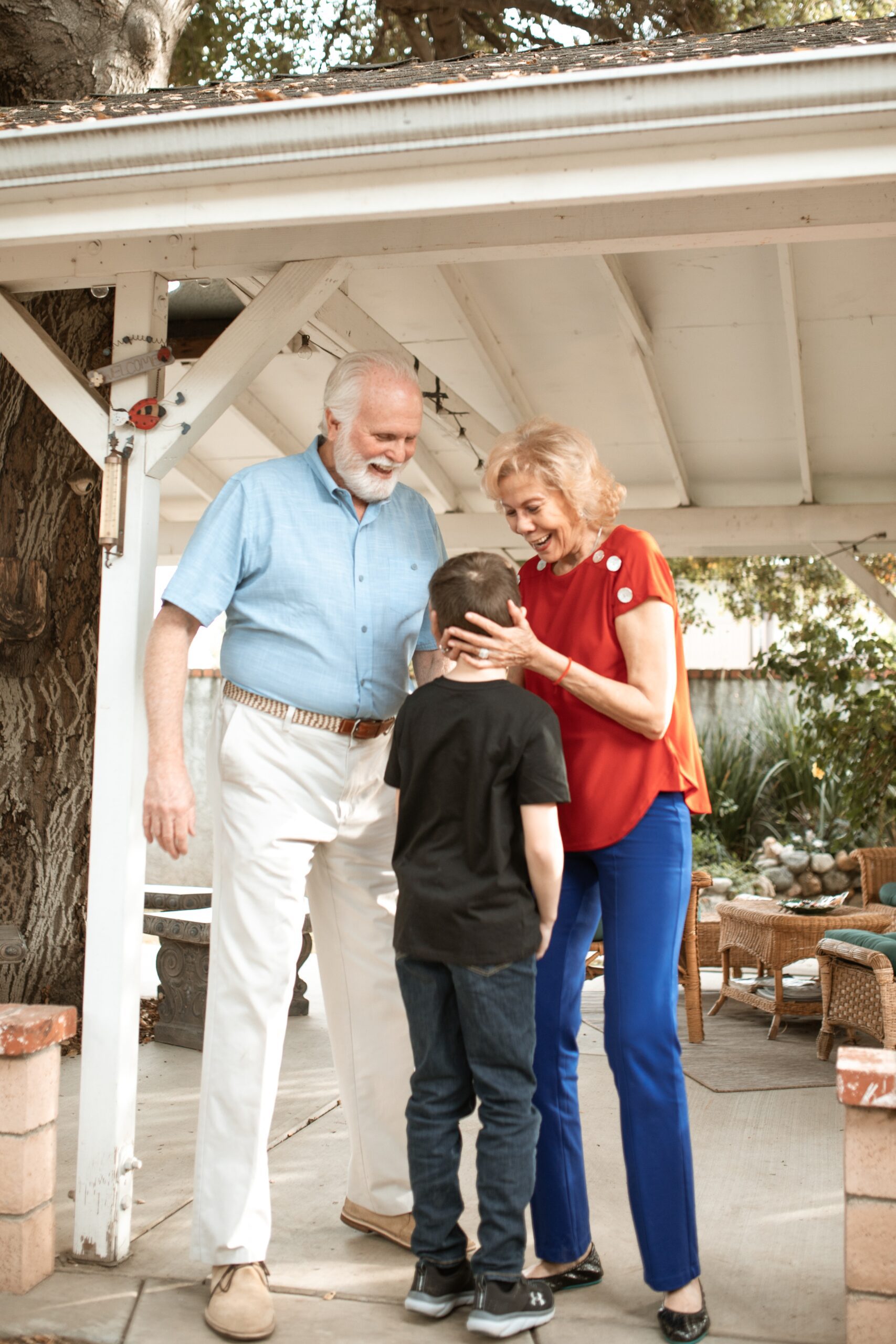

This article was educational and truly captivating. I now understand how daunting it can be to look after someone with Dementia, and I am grateful for learning about ways to help caregivers through this journey.
I’m glad I was able to give insight. Dementia really isn’t something you can prepare for. We had to learn through trial and error and even then, knowing more now…we could’ve maybe done things a little differently. Not just for my mother-in-law, but for our own health in the process.